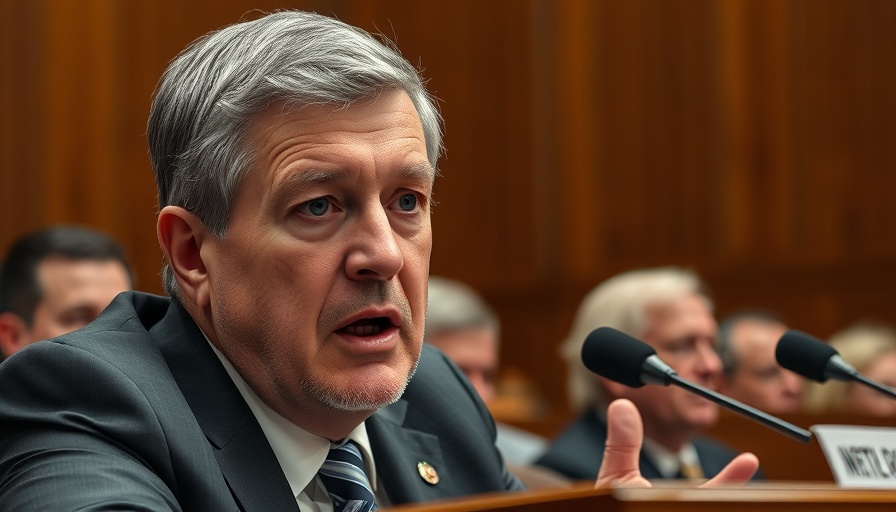
The Impact of Defunding LGBTQ Youth Support Services
In a contentious move that has ignited outrage during Pride Month, the Trump administration's decision to defund the LGBTQ youth-specific branch of the national 988 suicide hotline has prompted harsh criticisms from advocacy groups and mental health professionals alike. Renowned for its vital role in supporting LGBTQ+ youth in crisis, the 988 'Press 3' option, operated by The Trevor Project, has provided lifelines to over 1.3 million individuals since it was initiated as a vital service in 2022.
Understanding the Need for Specialized Support
This specialized branch was created due to the recognized higher rates of suicide among LGBTQ+ youth, driven by factors such as family rejection and societal discrimination. Notably, LGBTQ+ youth face mental health challenges that are distinctly different due to their unique experiences. As noted by Jaymes Black, CEO of The Trevor Project, the decision to eliminate this targeted support could have grave consequences for the affected young people.
The Broader Implications of Policy Changes
The ramifications of this shutdown extend beyond mere statistics. It symbolizes a growing disregard for the specific needs of LGBTQ+ individuals within the realms of healthcare and mental wellness. The removal of a hotline that has been a beacon of hope is not just a bureaucratic maneuver; it is a reflection of the administration's broader strategy to diminish support for marginalized communities. As reported, the White House has previously characterized essential LGBTQ services in negative terms, implying that these resources are part of a political agenda, rather than a necessary support for at-risk groups.
The Responsibility of Civil Rights Advocates
Legal and immigration attorneys, as guardians of civil rights, now face an urgent duty to respond to these changes. It's essential that they advocate for policies protecting the rights and services for LGBTQ+ youth. Building coalitions with mental health experts and advocacy organizations can strengthen the push against such detrimental policies, ensuring that the support systems remain intact and accessible. It is vital for those in the legal field to understand the gravity of these changes, not only for their implications on individual lives but also on civil liberties as a whole.
Looking Ahead: The Crisis That Could Unfold
As this situation develops, mental health professionals express deep concerns about a potential crisis that could follow the removal of the 'Press 3' option. Many LGBTQ+ youth depend on these dedicated resources to talk freely about their feelings and experiences without stigma. The message of erasure sends a disheartening signal to a generation already grappling with identity and acceptance. The future hinges on whether the Biden administration will step up to reinstate crucial services during a month reserved for celebrating LGBTQ+ pride and achievements.
What Can Legal Professionals Do?
Lawyers and advocates can utilize their platforms to amplify the voices of those affected, while also leveraging their knowledge to challenge unfair policy changes. Through targeted advocacy campaigns, sharing personal stories of impact, and ensuring transparency in governmental actions towards LGBTQ+ services, legal professionals can play a pivotal role in not merely reacting to systemic injustices but preemptively protecting against them.
The essential call here is for unity in defending the rights of all individuals, particularly those especially vulnerable. Engaging with policymakers, supporting community organizations, and participating in grassroots movements can create momentum for change.
Remember, silence is complicity in the face of injustice. The time to act is now to ensure that the voices of LGBTQ+ youth are not silenced, but rather uplifted and celebrated.
 Add Row
Add Row  Add
Add 

 Add Row
Add Row  Add Element
Add Element 




Write A Comment